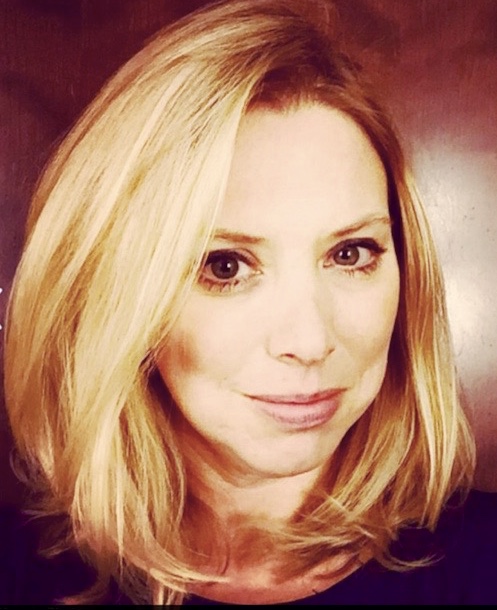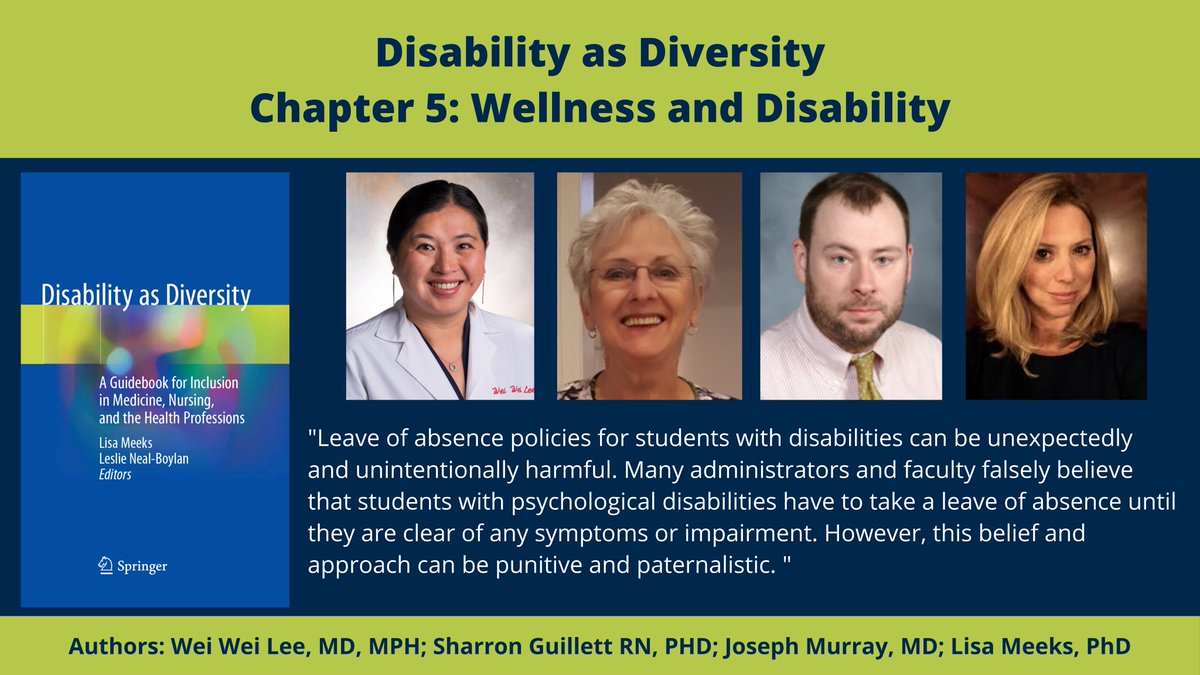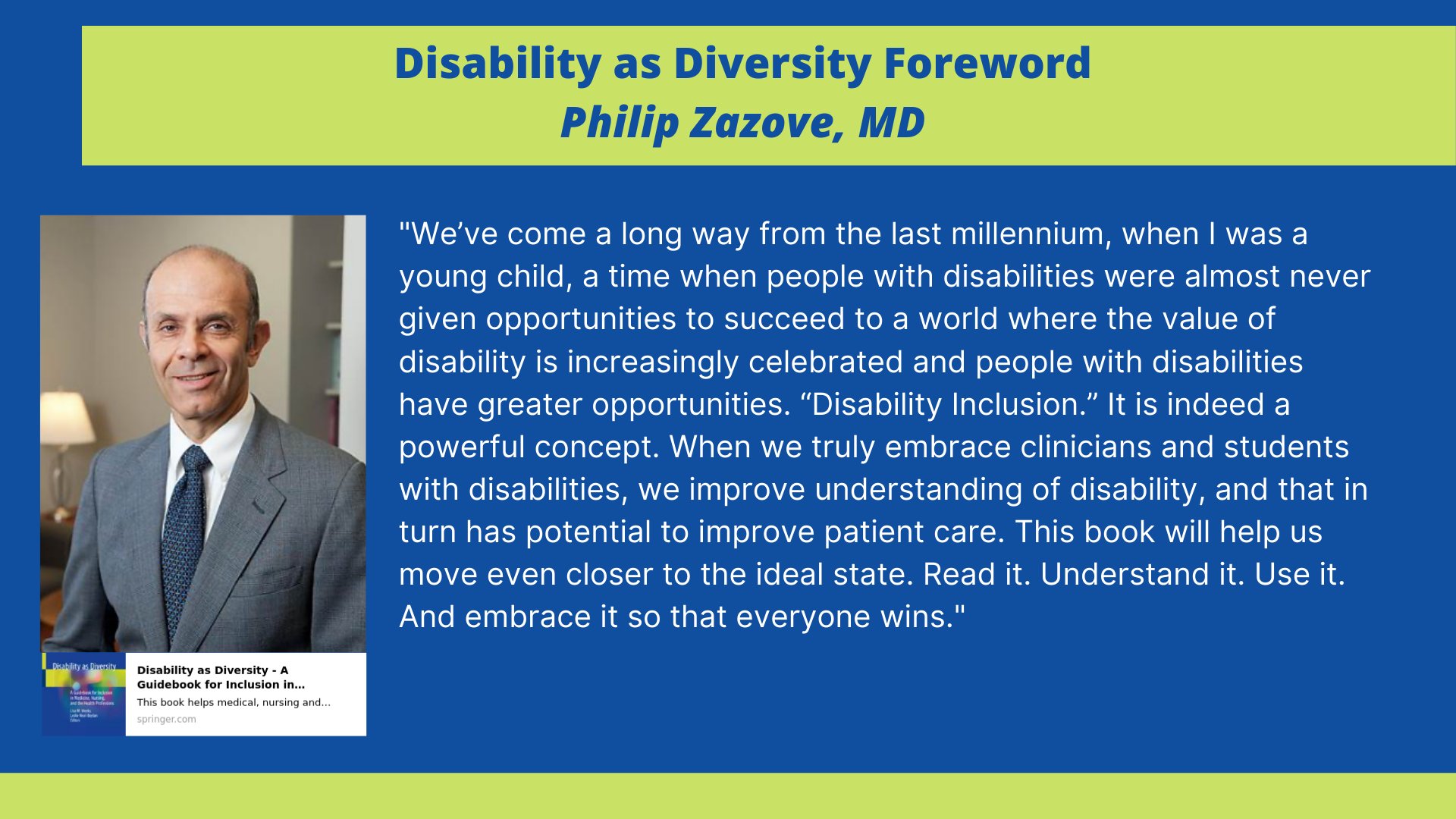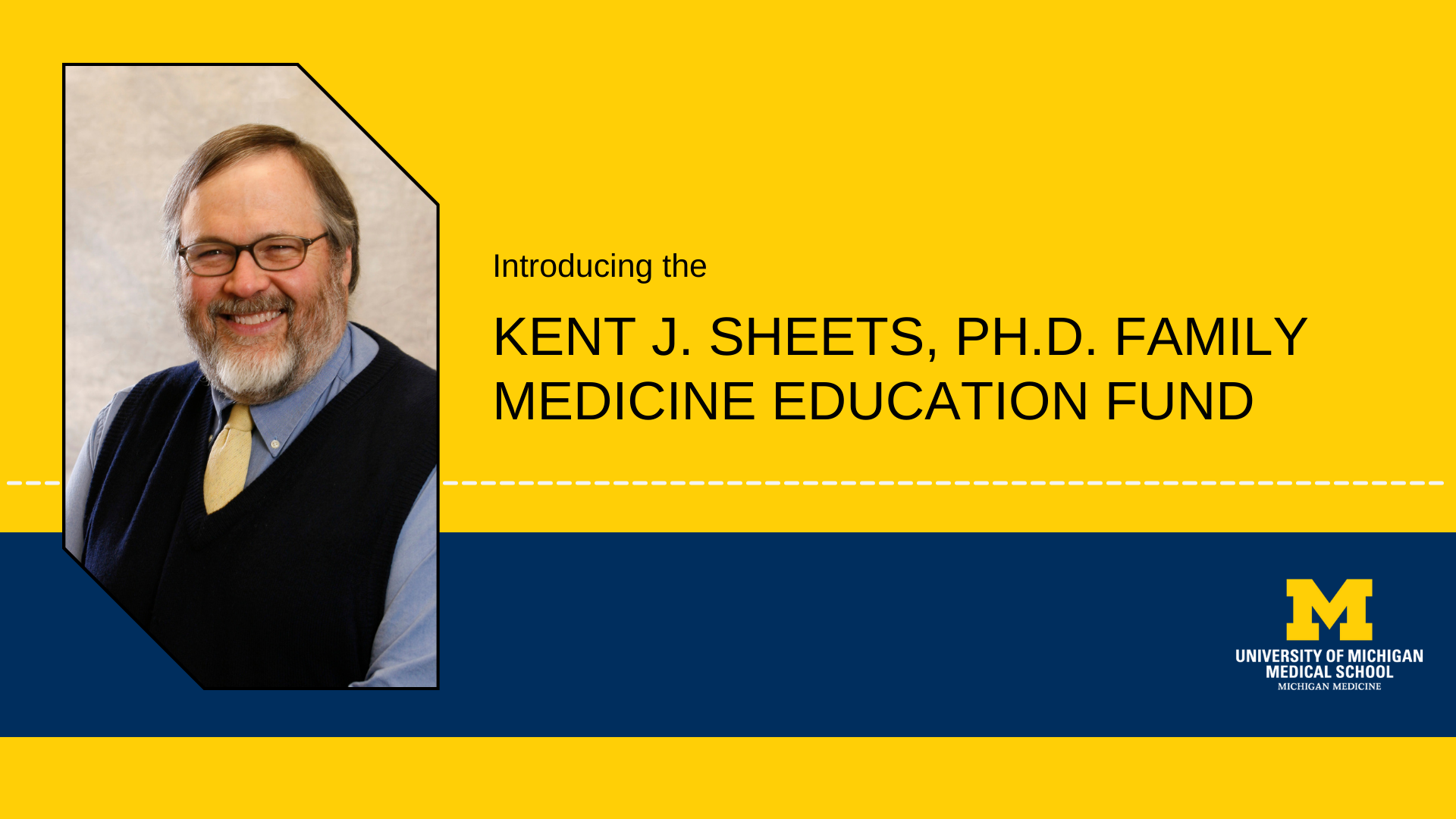The benefits of diversity in healthcare are becoming increasingly apparent and important and a commitment to disability inclusion for qualified students should be a high-level goal of nursing, medical, and other health science programs. To support this goal, leaders in these areas must develop robust programs and an understanding of the needs of qualified students with disabilities in the health sciences and accompanying best practices for inclusion.
This new resource, Disability as Diversity: A Guidebook for Inclusion in Medicine, Nursing, and the Health Professions, is a first-of-its-kind title designed to help deans, program directors, faculty and student affairs personnel thoughtfully plan for the growing population of health-care professionals with disabilities while making legally defensible decisions. The content helps stakeholders contextualize disability inclusion in health-care education as a function of social justice and a mechanism of reducing health care disparities for patients. It offers pragmatic advice, grounded in research, best practice, and case law to address the highly nuanced approach to determining and implementing accommodations in a high-stakes clinical environment.

Disability as Diversity was edited by Lisa M. Meeks, Ph.D., M.A., assistant professor and lead MDisability program faculty, and Leslie Neal-Boylan, PhD, APRN, CRRN, FAAN, of the Solomont School of Nursing at the University of Massachusetts, Lowell. The book features contributing chapters from several family medicine and University of Michigan faculty and staff, including:
-
A chapter on technical standards co-written by Michael M. McKee, M.D., M.P.H., associate professor of family medicine
-
A chapter on Clinical Accommodations and Simulation co-written by James M. Cooke, M.D., associate professor of family medicine and Executive Director of the Clinical Simulation Center
-
Chapters on Creating a Program Within a Culture of Inclusion; Clinical Accommodations and Simulation; Wellness and Disability; Physician Licensing, Career, and Practice; and Remediate and Dismissal in Nursing and Medicine Programs When Students Fail, co-written by Lisa M. Meeks, Ph.D., M.A., assistant professor
-
A forward from Philip Zazove, M.D., professor and the George A. Dean, M.D. Chair of Family Medicine
READ ALSO: Monthly Podcast Shares The Stories of #DocsWithDisabilities
The book also features contributions from several University of Michigan faculty, staff, and graduates, including:
-
Rajesh S. Mangrulkar, M.D., Associate Dean for Medical Student Education
-
Samuel Bagenstos J.D., Frank G. Millard Professor of Law, University of Michigan Law School
-
Charlotte O’Connor, M.Ed., Learning Specialist for the University of Michigan Medical School
-
Maureen Fausone, M.D., M.Ed., recent graduate of the University of Michigan Medical School
-
Steven Gay, M.D., M.S., Assistant Dean for Admissions, University of Michigan Medical School.
How to Access Disability as Diversity
The book is published by Springer Nature and is available now. Proceeds from the book will be donated to the U-M Family Medicine's MDisability program. The book is also available through many academic libraries. This week, authors and readers has sparked conversation on Twitter using the hashtag #DisabilityAsDiversity.




